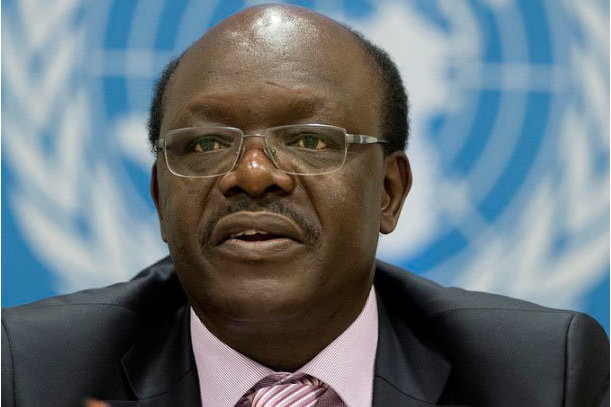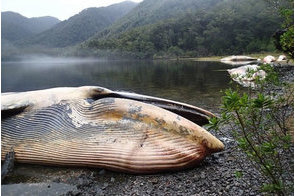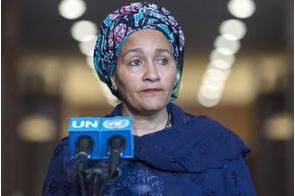Developing countries should push to end fishing subsidies to protect jobs – UNCTAD

Summary
Estimated at about $20 billion per year, the UN agency said harmful fishing subsidies enable industrial fishing fleets to travel to the coastal waters of developing countries and to out-compete the small-scale fishermen.
The Secretary-General of the United Nations Conference on Trade and Development (UNCTAD), Mukhisa Kituyi, said on Monday that developing countries should negotiate an end to fishing subsidies during the forthcoming top-level meeting of the World Trade Organization (WTO). Kituyi said ending fishing subsidies will help those countries to protect millions of fisheries-related jobs.
Estimated at about $20 billion per year, the UN agency said harmful fishing subsidies enable industrial fishing fleets to travel to the coastal waters of developing countries and to out-compete the small-scale fishermen.
"We all know that the world's marine fish stocks are either stagnant or declining, so how do we, the global community, justify these wasteful and damaging subsidies?" Kituyi said, ahead of the release of UNCTAD's 2016 Trade and Environment Review, which focuses on the trade in fish. "Not only do these subsidies compound the destruction of small-scale and artisanal fisheries, they also export unemployment to developing countries.”
According to UNCTAD, about 38 million people were engaged in marine capture fisheries in 2014, including 29.7 million people in Asia, 5.4 million in Africa, and 2 million people in Latin America and the Caribbean.
In July, UNCTAD, the Food and Agriculture Organization of the United Nations, and the United Nations Environment Programme, joined forces to propose a roadmap to end harmful fisheries subsidies. But Kituyi said the most effective way to end these subsidies, which represent unfair competition, will be to introduce legally binding trade agreements through the WTO, the main global institution for setting and enforcing the rules on global trade. The WTO's forthcoming ministerial conference, scheduled for December 2017 in Buenos Aires, Argentina, offers the best multilateral opportunity to conclude such an agreement, the UNCTAD boss said.
"Instead of subsidizing the depletion of our fish stocks, with the loss of livelihoods implied, use the money to better manage fisheries and to create sustainable jobs in sectors of the oceans economy such as aquaculture or marine tourism," Kituyi said.
Related
-
Food and beverage companies must improve sustainability commitments – Oxfam
Oxfam said small-scale farmers and workers deserve their fair share of the value they create and access to resources.
-
Growing species of harmful algae pose threat to ecosystem
Occurrence of HABs can lead to impaired seafood security and decreased water quality.
-
New rosewood permits issued by Nigeria to be internationally verified
Millions of rosewood logs were harvested and exported illegally from Nigeria when Amina J. Mohammed, the current Deputy ...









